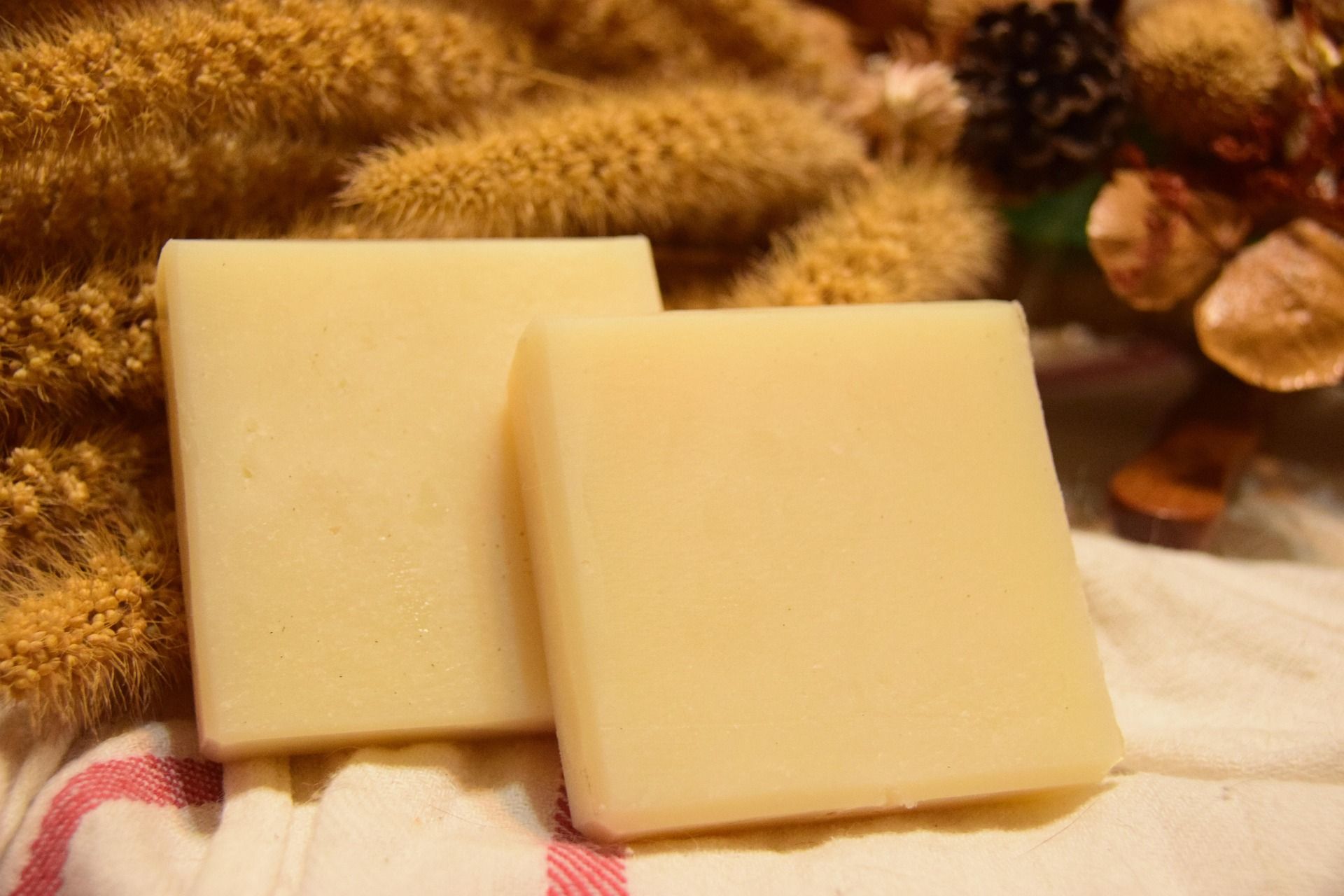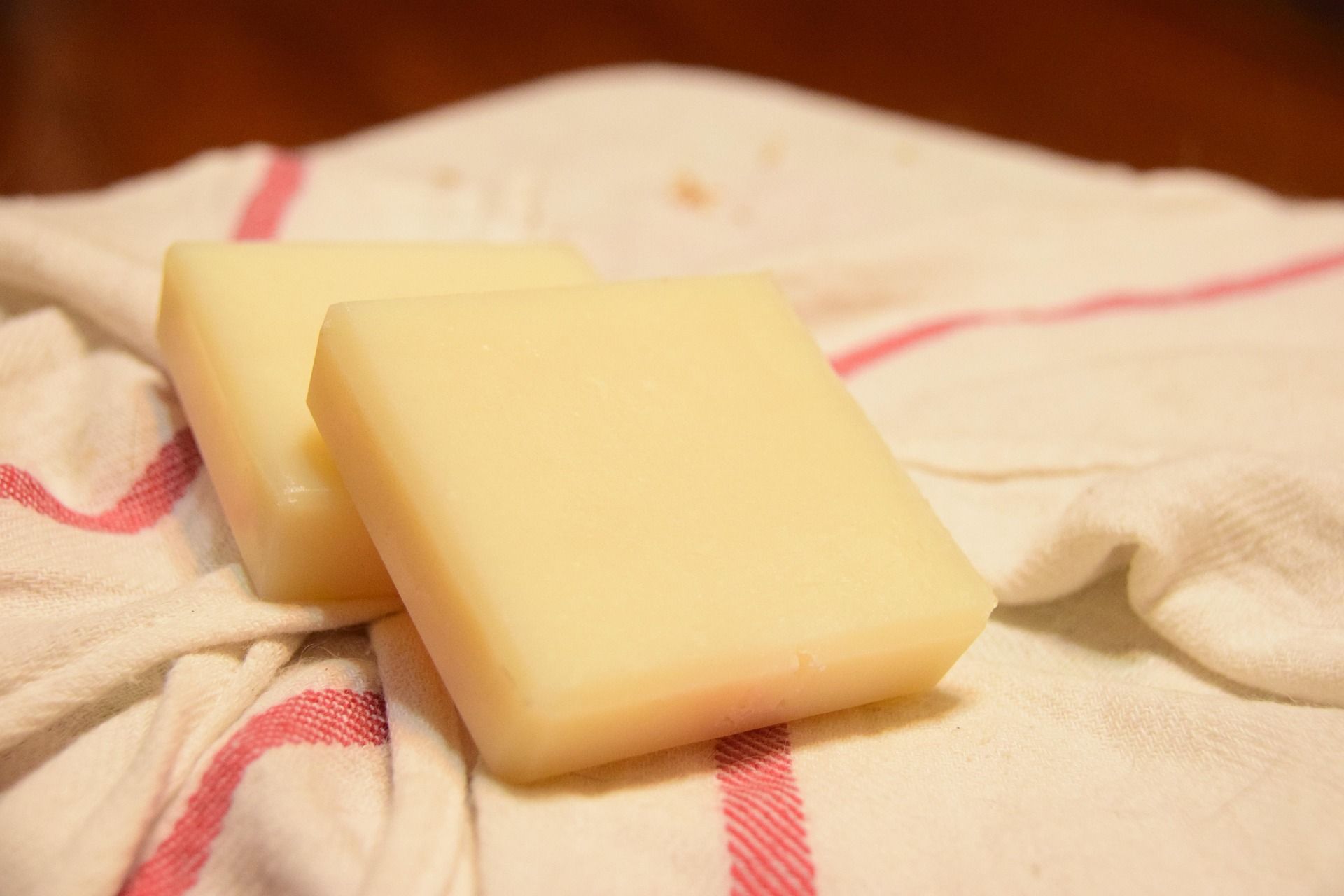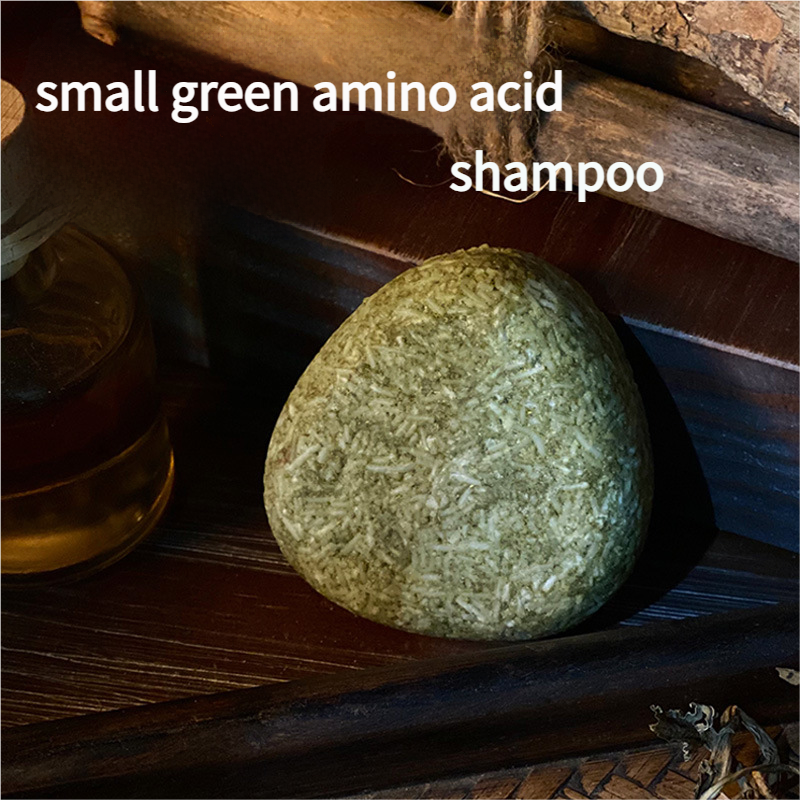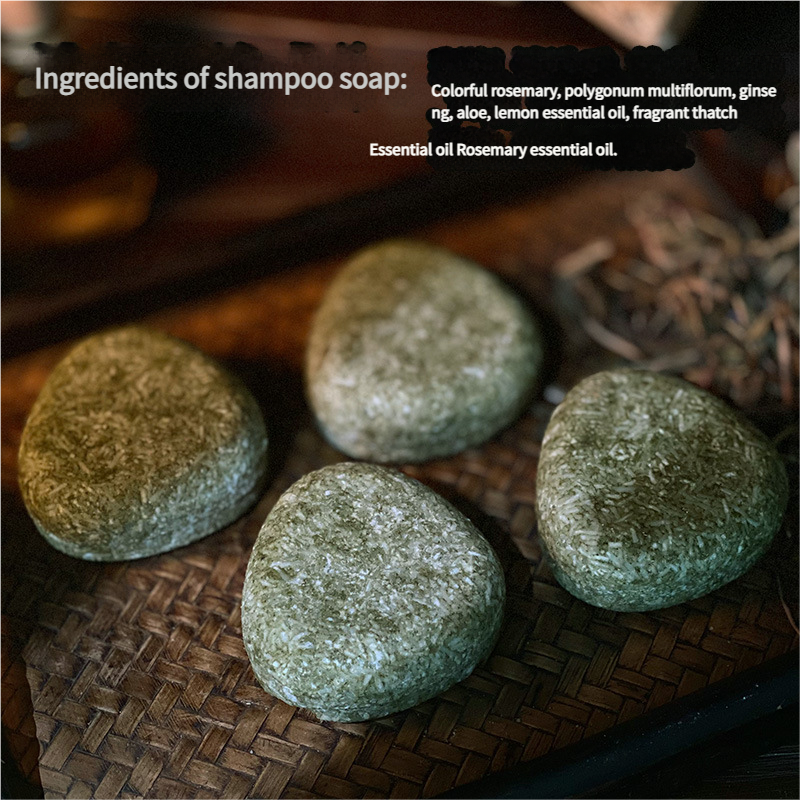In today's pursuit of health and a natural lifestyle, handmade soap is moving from a niche hobby to a mainstream choice. It's more than just a simple cleansing product; it's a way to pursue quality of life and give your skin gentle care. But with so many handmade soaps on the market, do you feel overwhelmed? This in-depth guide will give you a comprehensive understanding of the world of handmade soap.
Why Choose Handmade Soap?
The greatest appeal of handmade soap lies in its natural, gentle, and personalized qualities. Unlike mass-produced industrial soaps, handmade soaps often retain the active properties of their natural ingredients, offering multiple benefits for your skin:
Natural Moisturizer: A powerful moisturizer called glycerin is naturally produced during the soap-making process. It helps your skin lock in moisture, so you won't feel tight or dry after use.
Controllable Ingredients: Makers can choose natural oils, plant essential oils, herbal powders, and other ingredients to suit different needs, ensuring the final product is free of artificial colors, fragrances, and harsh chemicals.
Gentle and Skin-Friendly: The pH of handmade soap is typically closer to that of human skin, which helps maintain the skin's natural barrier. It's especially suitable for sensitive skin, dry skin, and for use on babies.
Types of Handmade Soap: How Much Do You Know?
Handmade soaps are mainly divided into two categories, with different production methods and characteristics.
Cold Process Soap This is the most common method for making handmade soap. It involves mixing oils and a lye solution at low temperatures, allowing the saponification process to happen slowly and naturally. This method best preserves the natural nutrients of the oils and additives, but it requires a long curing period of 4-8 weeks to make the soap mild and stable.
Hot Process Soap The hot process method involves heating the soap mixture to speed up the saponification reaction, which can usually be completed within a day. While some nutrients may be lost during heating, the finished soap can be used sooner and is more suitable for adding heat-sensitive ingredients (like certain essential oils).
Diverse Benefits: Which Handmade Soap is Right for You?
Depending on the additives used, handmade soaps can meet a variety of skin needs.
Moisturizing Type: Suitable for dry skin and use in the fall and winter seasons. These are often based on highly moisturizing oils like olive oil, shea butter, and sweet almond oil.
Deep Cleansing Type: Suitable for oily skin and combination skin. They often contain ingredients like activated charcoal, volcanic mud, or green clay, which effectively absorb dirt from pores and control oil.
Soothing & Repairing Type: Suitable for sensitive skin and damaged skin. These often contain ingredients like chamomile, calendula, and oats, which have gentle anti-inflammatory and calming properties.
Handmade vs. Industrial Soap: The Essential Difference
Beginner's Guide: How to Choose or Make Your First Handmade Soap?
If you're a first-time user of handmade soap, we recommend buying from a reputable brand and checking that the ingredient list is simple and clear. If you want to experience the fun of making your own, you can start with a simple recipe, but please be sure to follow all safety precautions, especially when handling strong alkaline substances.
Frequently Asked Questions (FAQ)
Q1: Can I use handmade soap on my face? A1: Yes. The formula of most handmade soaps is very gentle and suitable for facial cleansing, especially for sensitive and dry skin.
Q2: What is the shelf life of handmade soap? A2: Since it contains no preservatives, the shelf life of handmade soap is typically 1-2 years. It is recommended to store it in a cool, dry place away from direct sunlight.
Q3: My handmade soap feels soft and melts easily. What should I do? A3: This is because handmade soap retains natural glycerin. After each use, place it in a soap dish with drainage to keep it dry, which will extend its lifespan.
Choosing handmade soap is choosing a more natural, healthier lifestyle. It not only gives your skin gentle care but also allows you to feel the warmth and dedication of a handcrafted item.




